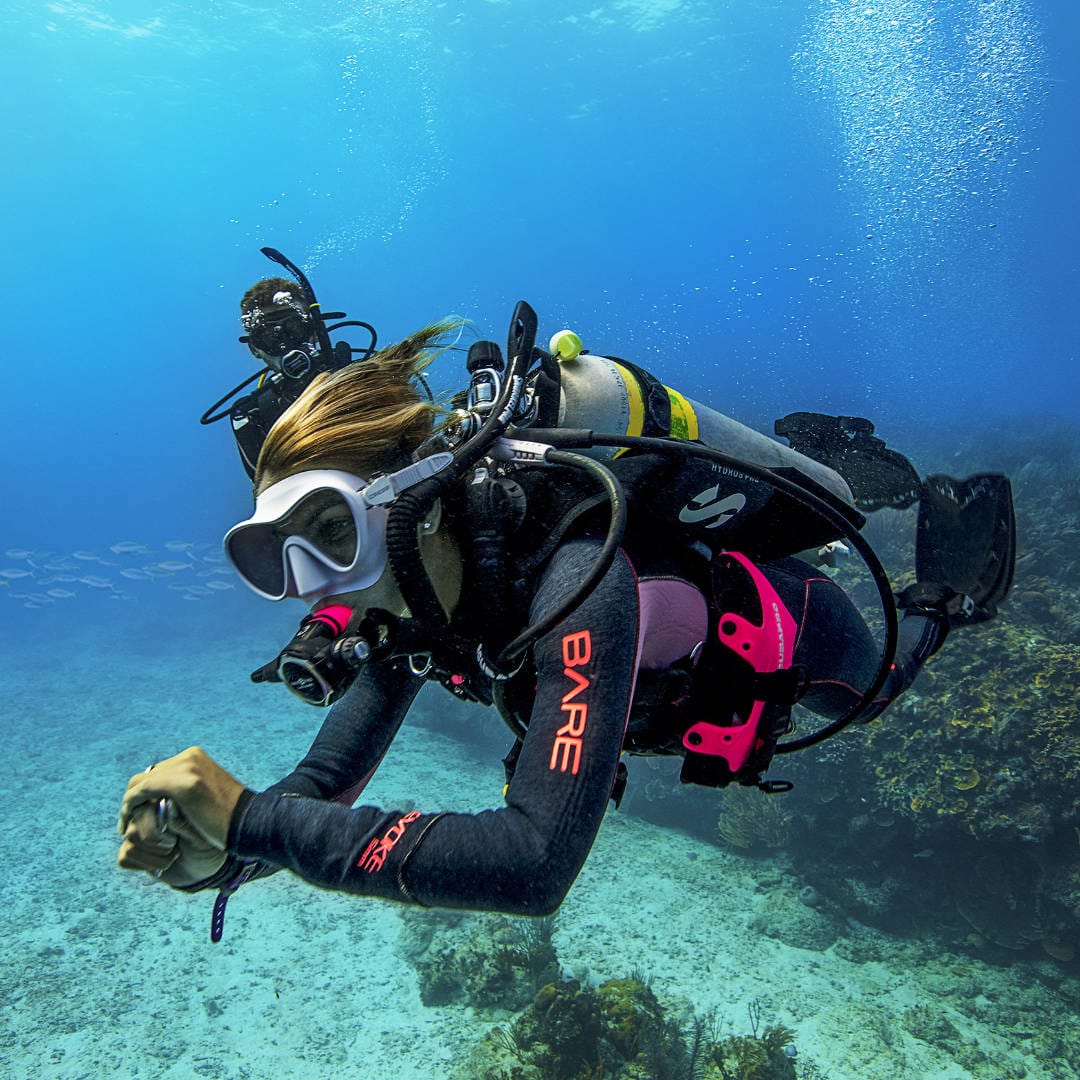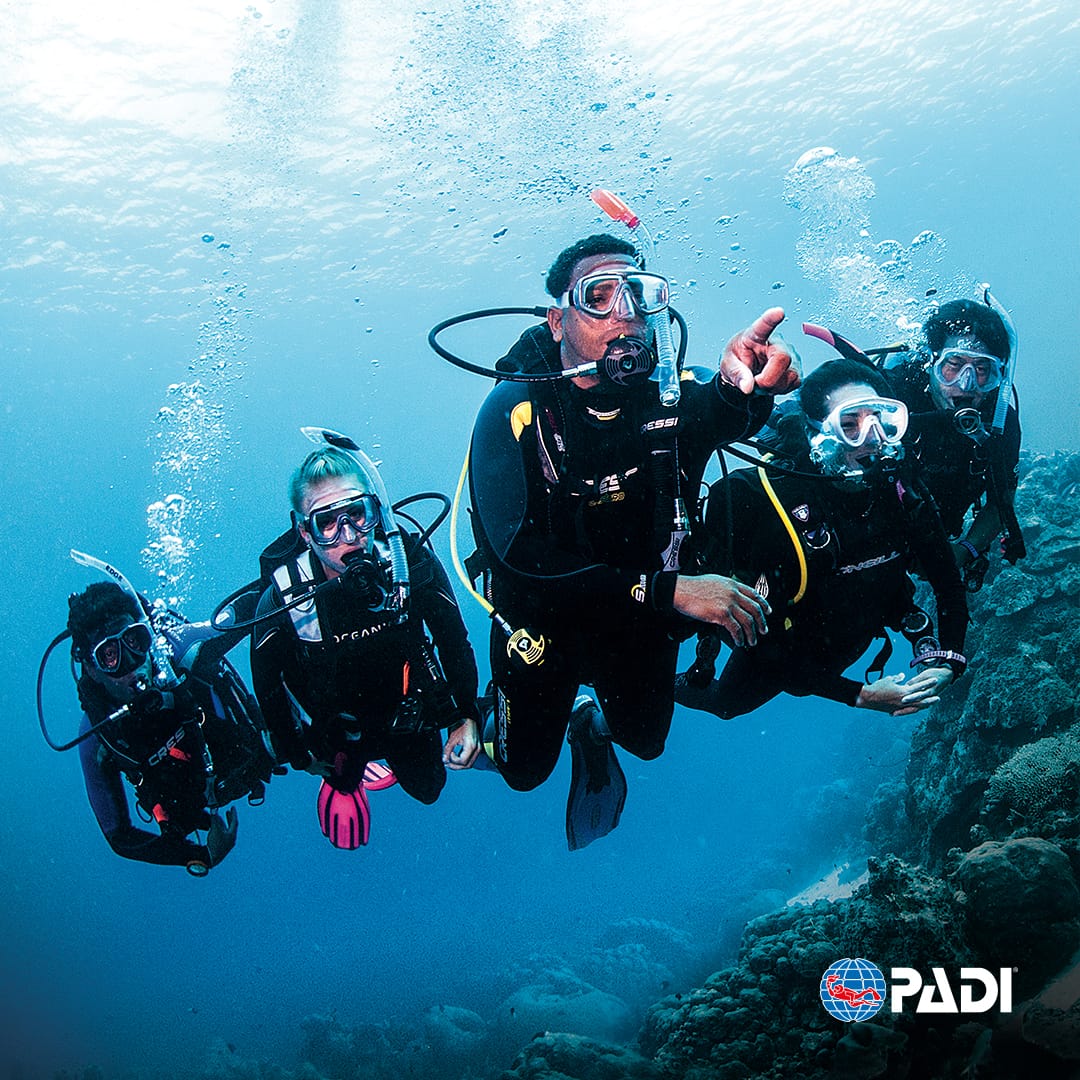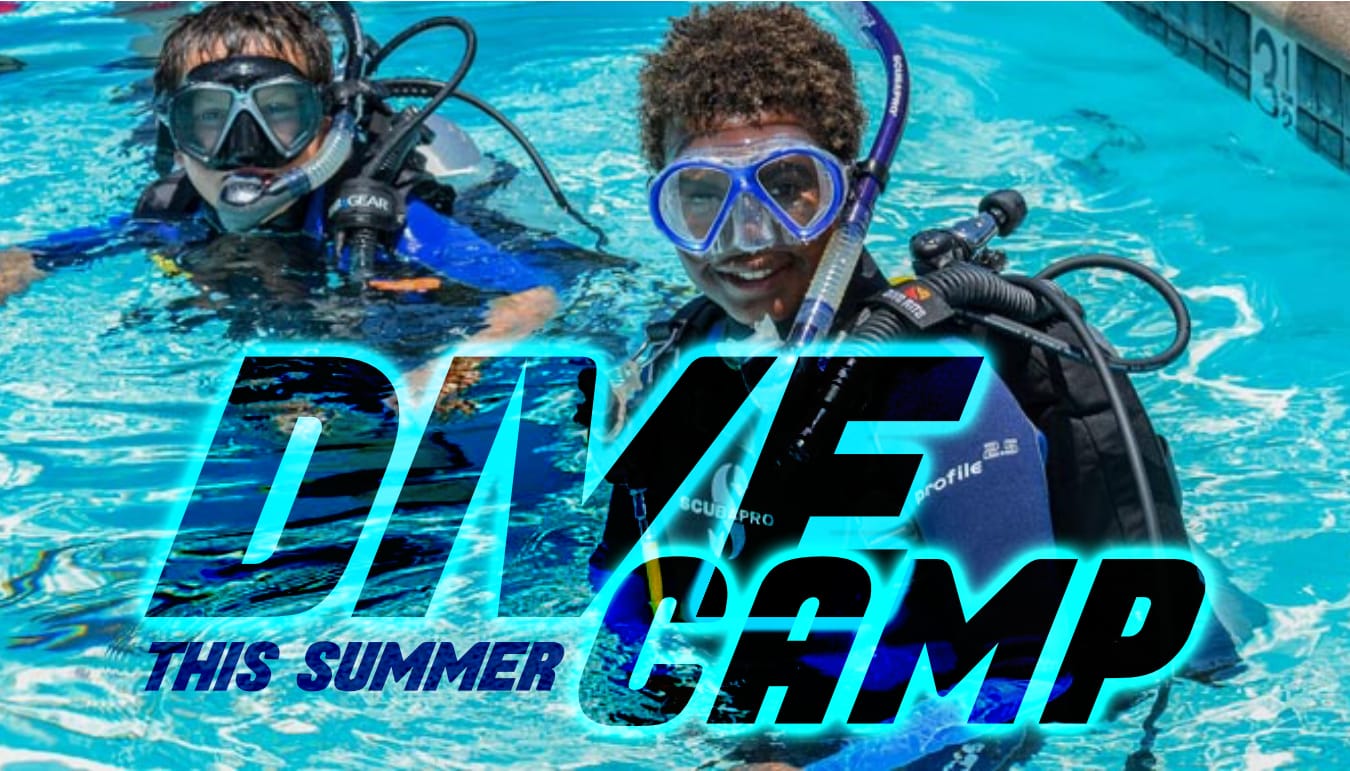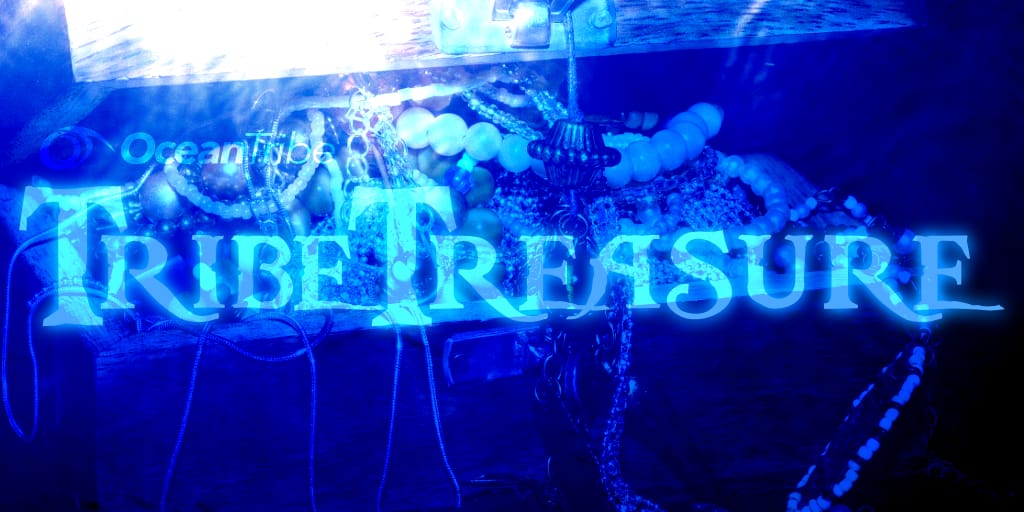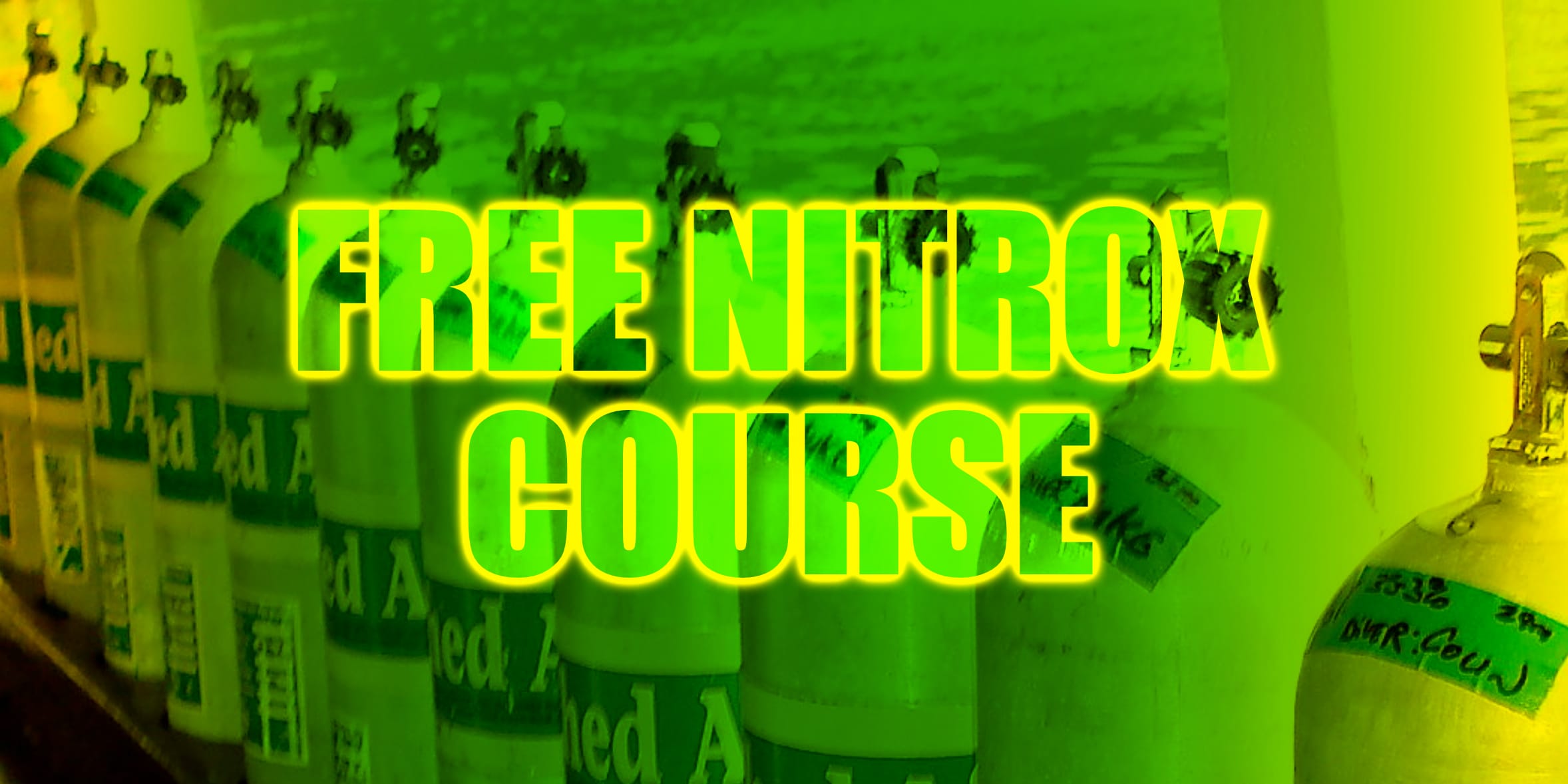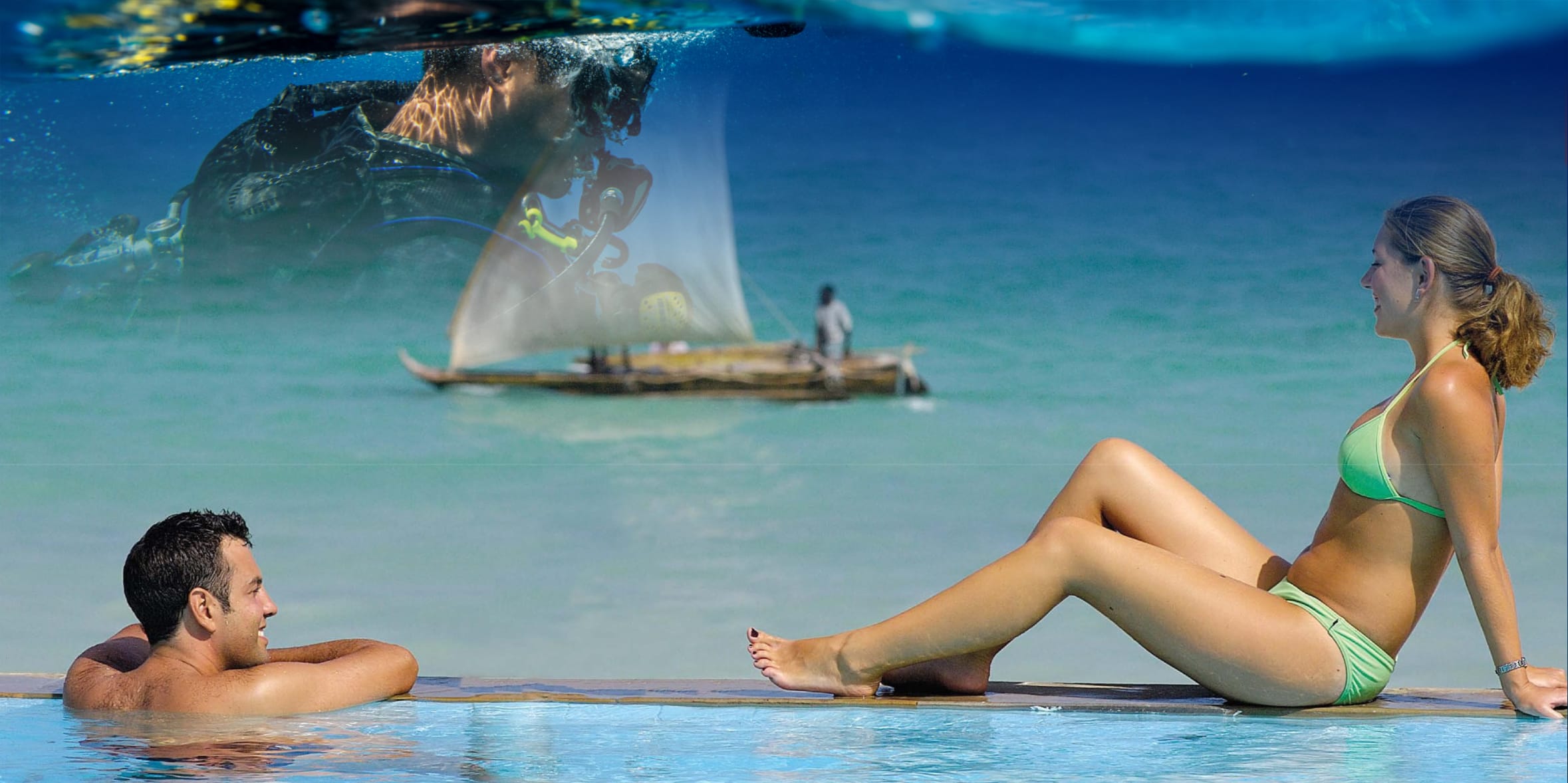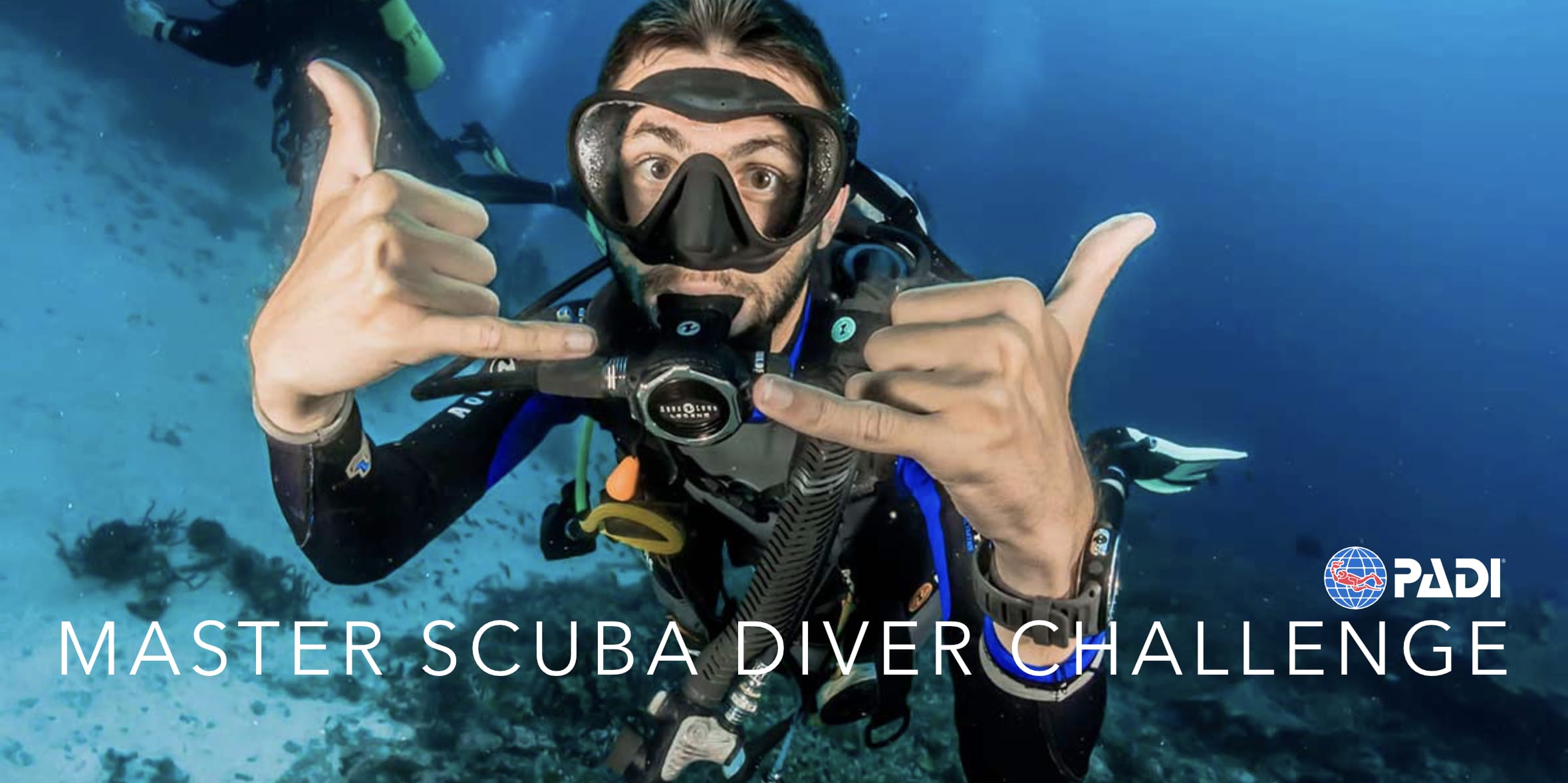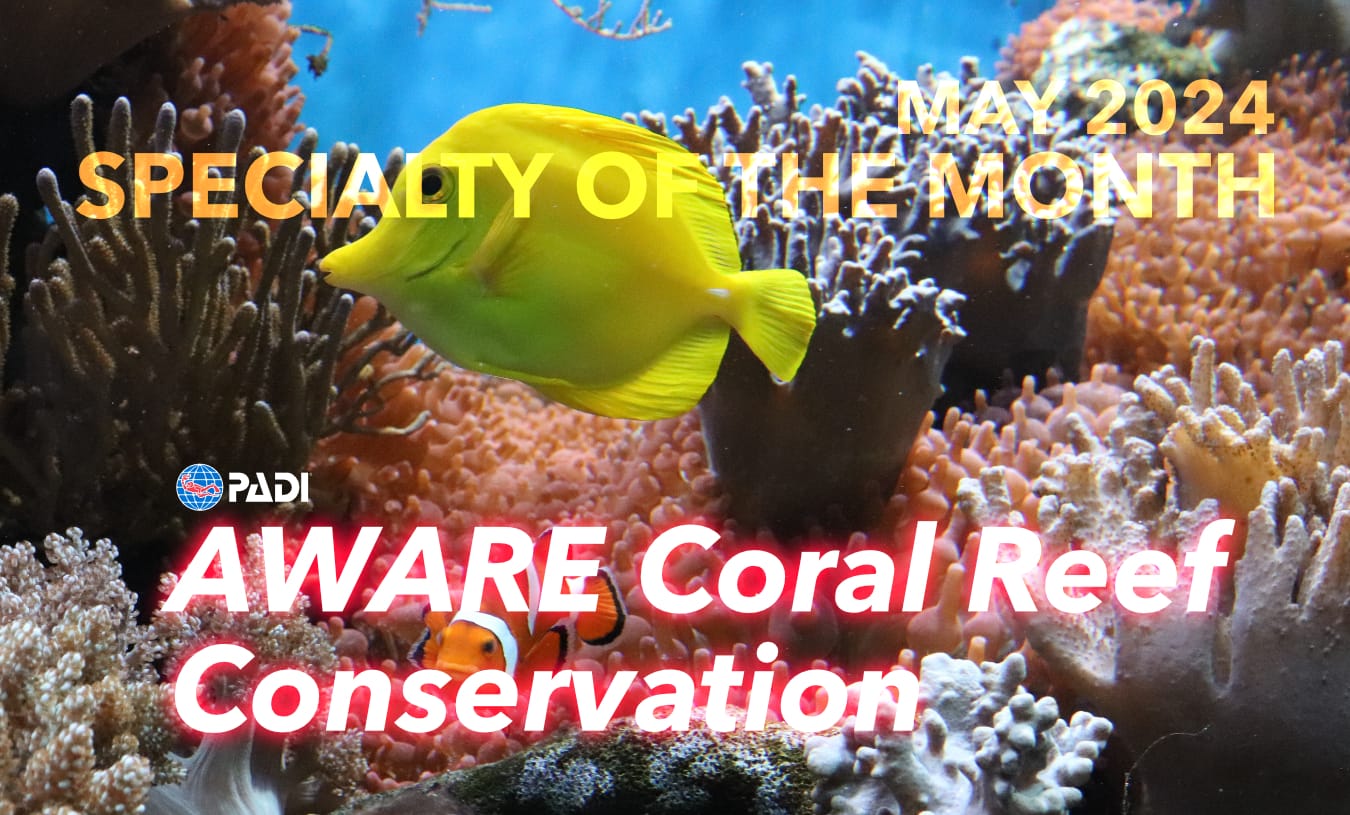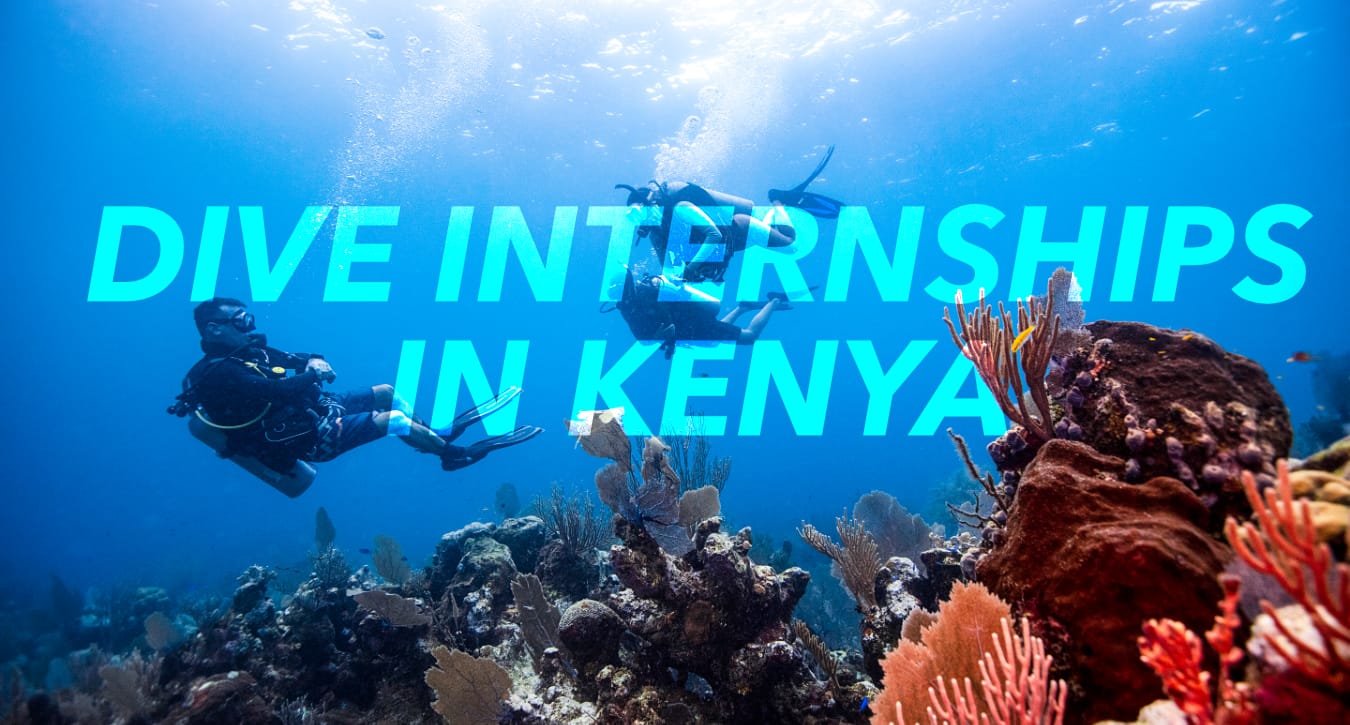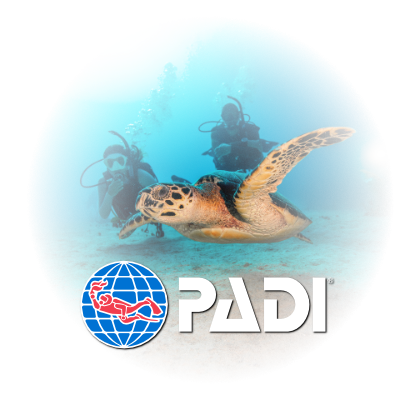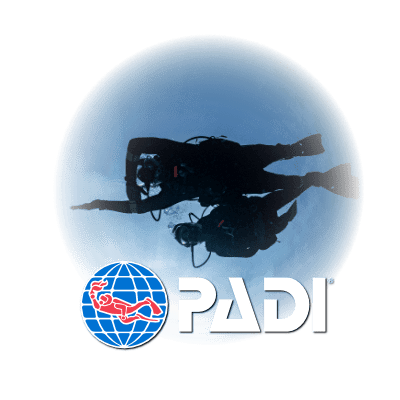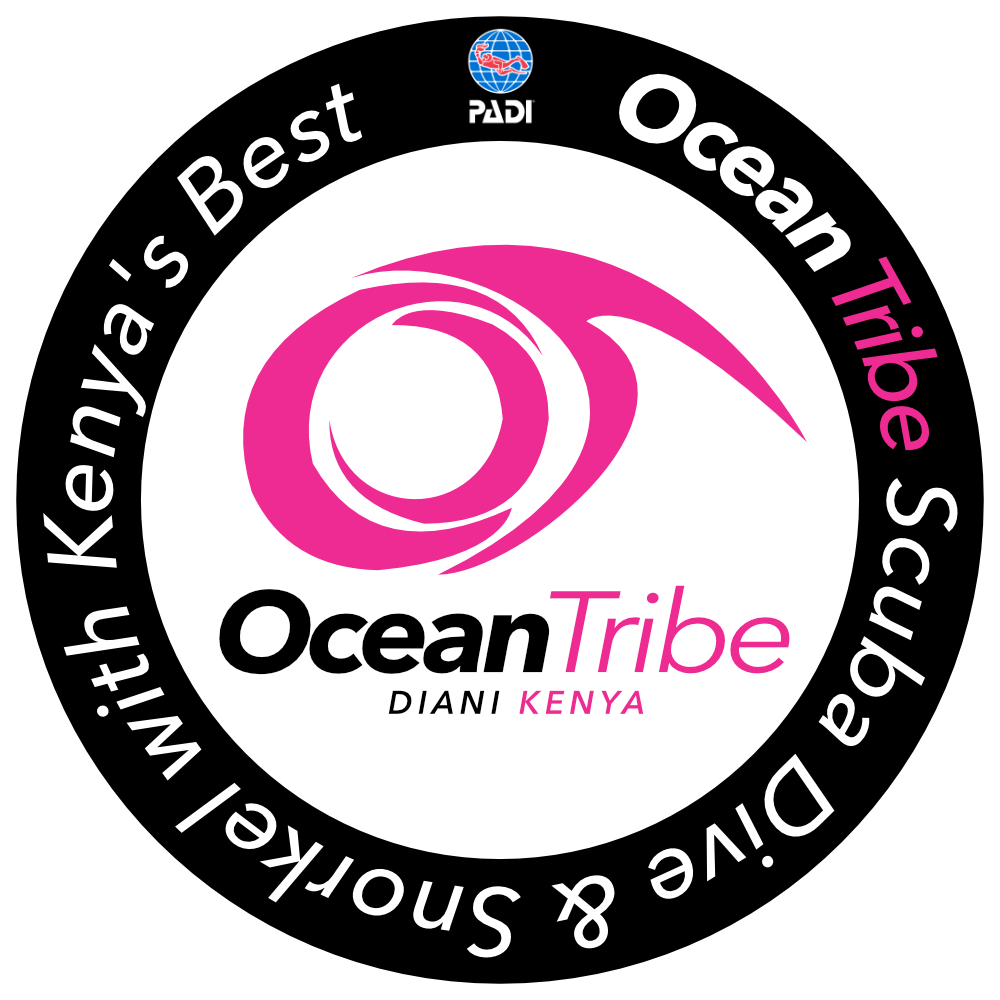Why Scuba Diving in Schools and Colleges?
Our diving in schools and colleges programs give students the opportunity to learn life-long certifications with friends and family in a safe, team environment. Our scuba diving mantra is that we provide an inclusive sport that allows boys and girls with varying sporting abilities, interests, and passions to apply them to the underwater world. Given a small amount of patience, we are constantly astounded by the enthusiasm and personal development of our students on a weekly basis for all course levels.
Enrichment Opportunities
As well as earning PADI scuba diving certifications, Ocean Tribe’s philosophy is to ensure that our younger divers really comprehend the importance of the underwater world to the well-being of the planet. Every course has been designed to challenge divers to know the most up-to-date trends in marine conservation and dive physiology and how these in turn can have an effect on protecting endangered species and reef-dependent communities.
Life Enriching Benefits
- Our diving in schools programs mean that the student can incorporate diving as an extracurricular activity in a safe and convenient school environment.
- Dive with friends – Scuba diving is a social activity that pupils can share with friends and build lasting friendships upon.
- Dive with family – Scuba diving is an activity that can be shared by all family members.
- Become part of a different type of sports team – E-learning removes the burdens of the cost of travel, food, and perhaps accommodation; all of which eat heavily into the diver’s precious training budget.
- ‘Dripfeed’ learning – To enable maximum knowledge retention whilst developing dive and general aquatic skills, our courses are set out with an hour of theory alongside an hour of in-water diving for every pupil. This way we track each pupil’s development and work on the areas of improvement required.
Educational Benefits
- Learning new skills that students can use for GCSE/A-level coursework- Pupils taking part in advanced courses and specialties can use their understanding of the underwater world to help them relate better to their curricular activities.
- Diving into your GCSE/A-levels- Divers can use their underwater experiences for biology, physics, art & photography coursework and/or foundation years.
- Scuba diving for Duke of Edinburgh- Completing the various levels of dive courses from Open Water to Divemaster, pupils can attain module completion in Bronze, Silver & Gold D of E levels as a skill or sport.
- Curriculum Vitae, UCAS Personal Statement- School leavers completing advanced courses can showcase their experiences with us to help them seek further education and employment opportunities.
- NVQ-level professional dive qualifications at school- Divers can complete PADI professional Divemaster Levels during their last year of school and assist with junior levels.
- CAS for International Baccalaureate- Divers can earn towards the creative, action and service towards their IB through various diving projects
- Volunteer & Enrichment Opportunities- divers can work with Ocean Tribe for charity events and voluntary work benefiting local communities.
Medical Information
All participants must meet medical questionnaire requirements and some conditions or medications may prevent you from diving. Check the PADI Diver Medical: Participant Questionnaire to see if you meet the requirements before booking.
Diving in Schools Activity Guide
See what the diving in schools available courses and opportunities can count towards in the wider experience of life.
After-School Activity – Discover Scuba Diving, Bubblemaker, Jnr Certification (Scuba Diver, Open Water Diver, Advanced Open Water Diver, Rescue Diver), Standard Certifications (Scuba Diver, Open Water Diver, Advanced Open Water Diver, Rescue Diver and Specialty Diver),
Duke of Edinburgh – Open Water Diver, Advanced Open Water Diver
Duke of Edinburgh Residential – Marine Conservation Project, Underwater Photography Internship, Master Scuba Diver, Go Pro Packages (for over 18s)
CAS Activity for International Baccalaureate – Creativity, Action, Service – Diver courses, underwater photography, reports, dive site mapping, beach/ underwater clean-ups, coral monitoring,
Go Pro Programs (for over 18s) – PADI Divemaster, PADI Assistant Instructor, PADI Open Water Scuba Instructor
GAP Year Programs – Marine Conservation Programs, PADI Divemaster Internship, PADI Instructor Internship
The Duke of Edinburgh Award Scheme
Scuba diving courses, projects, and residential courses can be used in your pursuit of the Duke of Edinburgh International Awards. Ocean Tribe offers differing scuba diving opportunities and experiences for both beginner and certified divers. Such opportunities include learning to dive as part of your DoE. Taking part in environmental activities such as beach and underwater cleanups can be counted towards DoE and doing courses and staying in our residential package can be used for the DoE Gold Award.
CAS Activity for International Baccalaureate
Diving can be used as a choice in all three segments of the CAS project. Our projects and courses offer great opportunities for creativity, action, and service, including dive courses, conservation projects, and challenging tasks.
Scuba Diving on GAP Year Programs
For young people who have decided to take a GAP year between school and university the dive internships offered by Dive Pro Africa give you a structured program to make sure that you actually get something constructive out of their GAP year. Skills acquired during the dive internships can improve a CV when participants look to gain employment later. Potential employers and university admissions tutors can take notice when participants can put down some of the experience and qualifications that participants can acquire during their GAP year diving experience in Kenya.
An example of things you can add to your CV
- Fully qualified in first aid and CPR
- Fully qualified Divemaster/ PADI Diving Instructor with teaching experience at a busy dive centre
- Customer service experience at a popular tourist venue
- Familiarity with emergency response plans
- Work with African communities
- Worked and interacted with people of many nationalities and cultures
- Work in African wildlife management programs and marine conservation programs including supervisory roles
These are just some of the skills that participants can acquire but other skill keywords that they can pick up by involvement in our programs could include organisation, using initiative, conducting research, teaching students, communication, motivation, self-discipline, responsibility, leadership, teamwork, languages, independent learning, and conservation project work. All of these skills are looked upon favorably by employers.
Choosing a GAP year scuba diving internship in Kenya involves the participant thinking about what they would like to get out of the program as obviously, the different programs offer the chance to learn different skills.
Contact us to discuss your different options which could include becoming a diving instructor or Divemaster, or perhaps working in marine conservation projects and learning to manage wildlife in a real African conservancy area. If you have a specific program that you would like to do then we can tailor it for you. Really we want you to get the most out of your GAP year experience as possible and acquire skills that will be useful to you further down the line.
The Dive Experiences / Courses for Scuba Diving in Schools, Colleges and GAP Year Programs
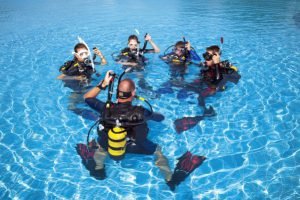



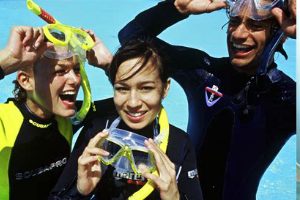



Earn College Credit for PADI Courses
Yes! You may be eligible to get college credit for learning how to scuba dive. PADI courses have been recommended by a variety of Institutions for college credit or funding in various countries throughout the world. Choose from the regions below to find out how it works
United States
The American Council on Education’s College Credit Recommendation Service (ACE CREDIT) has evaluated and recommended college credit for
15 PADI courses
3 DSAT courses
1 Emergency First Response course.
The American Council on Education is the major coordinating body for all the nation’s higher education institutions.
Learn more about how you can gain college credit for PADI courses in the U.S. (PDF) or contact PADI Americas at training@padi.com.
Canada
The British Columbia Ministry of Education (External Credentials Program for Industrial and Occupational Courses) has approved the PADI Open Water Diver (2 credits), PADI Advanced or Adventures in Diving Program (4 credits) and PADI Rescue Diver (4credits) courses for school credit.
Grade 10, 11 and 12 students who have been certified in these PADI courses simply present their PADI certification card to the school administration to apply for credit. For information on receiving credit contact your school’s administration. On an individual, merit-base case, divers in Canada may also receive credit for PADI courses through the USA-based American Council on Education’s College Credit Recommendation Service as noted under “United States.”
Japan
Those who want to teach diving in Japanese school systems (colleges, universities, vocational schools, etc.) undergo general and specialized course work and testing to become authorised by the Japan Sports Association (JASA), under the jurisdiction of the Ministry of Education, Culture, Sports, Science and Technology.
PADI Open Water Scuba Instructors are exempt from this specialised course and test, and can attain JASA authorisation by taking a general course and certification test.
Australia
PADI Divers may receive credit toward various certificates and diplomas for several PADI courses within the Australian national training system. These training providers recognize certain PADI and Emergency First Response (EFR) courses:
Training and Further Education (TAFE) South Australia Australia Fisheries Academy (AFA) South Australia Victorian Tertiary Admissions Center (VTAC)
Western Australia Curriculum Council (WACC) Tasmanian Qualifications Authority (TQA)
Queensland Studies Authority (QSA)
Vocational Education and Training (VET) – Nationally Recognised Training
Europe, the Middle East, and Africa
Visit http://providers.lsc.gov.uk/LAD/ for details of PADI and Emergency First Response courses currently listed on the UK Learning Aim Database, which holds data on all learning aims and qualifications recognised by the Skills Funding Agency (SFA), an agency of the Department for Business, Innovation and Skills (BIS).
Divers may be awarded credit for PADI courses from further education institutions in mainland Europe and through the military, however, each institution sets its own benchmarks for credit accumulation and transfer, so should be contacted individually to obtain information on their specific recognition of prior learning policy.
For further information, contact the Training Department on training.emea@padi.com.
New Zealand
Open Water Divers, Advanced Open Water Diver, Rescue Diver qualify for the National Certificate of Diving: Foundational Skills
Divemaster and Open Water Scuba Instructors qualify for the National Certificate of Diving: Leadership;
Specialty Instructors qualify for the National Certificate of Diving: Instruction.
Diving in Schools Frequently Asked Questions
What are the prerequisites for the experience?
To take part in the scuba diving courses and experiences the following apply:
- Children/ young people must meet the minimum age for the specific program
- Medical conditions must be met – the medical questions are on the individual course statements and paperwork. These must be answered honestly and truthfully as they relate to the safety of your child whilst diving.
· They do not have to be accomplished swimmers to take part in the experience but they should be comfortable in the water.
Can I start the course and get medical approval prior to final sign-off?
No. We are required to ensure participants are fit to dive before they are accepted on to the experience and we must have a GPs approval if any conditions have been noted.
What happens if I answer “Yes” to any of the medical questions?
The medical questionnaire is used to ensure that your child is generally fit to dive and must be answered truthfully. If there are any positive answers then this does not necessarily rule them out from diving but they must receive approval from your GP. We use an additional medical questionnaire which contains a form for your GP to sign as well as some notes for their consideration.
We share pick up/drop off duties with other parents. Can someone else bring my child(ren) along?
Yes and no. A parent or legal guardian must attend with the child(ren) at the first session of a PADI Seal Team/Bubblemaker programs undertaken with Ocean Tribe.
We set this condition because the paperwork which we require you to fill out has to be completed correctly as it relates to the safety of your child. Part of this relates to a safety briefing which must be heard by both parent and child and requires a signature from each person to show they have listened to this.
All paperwork has to be signed by a parent or legal guardian and we are VERY particular about this. Any mistakes or omissions will result in disappointment as we will not allow the child in the water.
Following this, we will accept children as a group drop-off but we will require a responsible adult to remain on site during the session.
· They do not have to be accomplished swimmers to take part in the experience but they should be comfortable in the water.
Can I persuade you to overlook this answer or give me a fresh form to fill out?
No. None of our staff are fully medically trained and as such are not in a position to make judgement calls on whether a particular individual is medically fit to dive. As the forms are a self-certification they should be completed honestly – if any of our staff become aware of medical conditions subsequently then they will require a Doctor’s sign-off before allowing the child to continue with the course.




